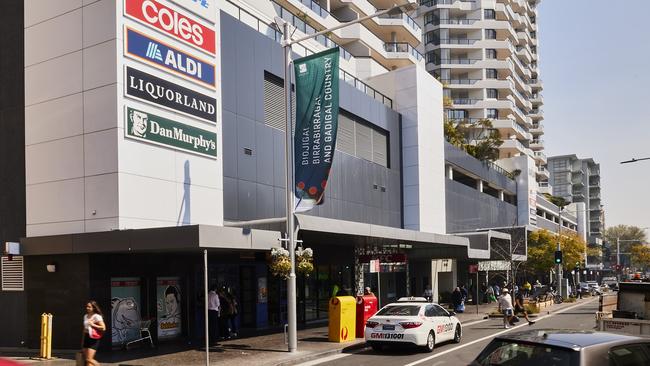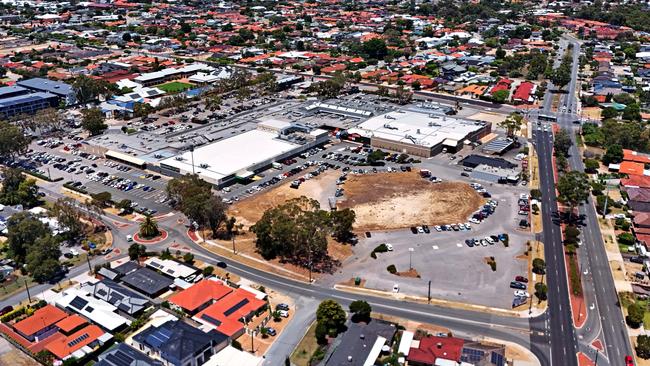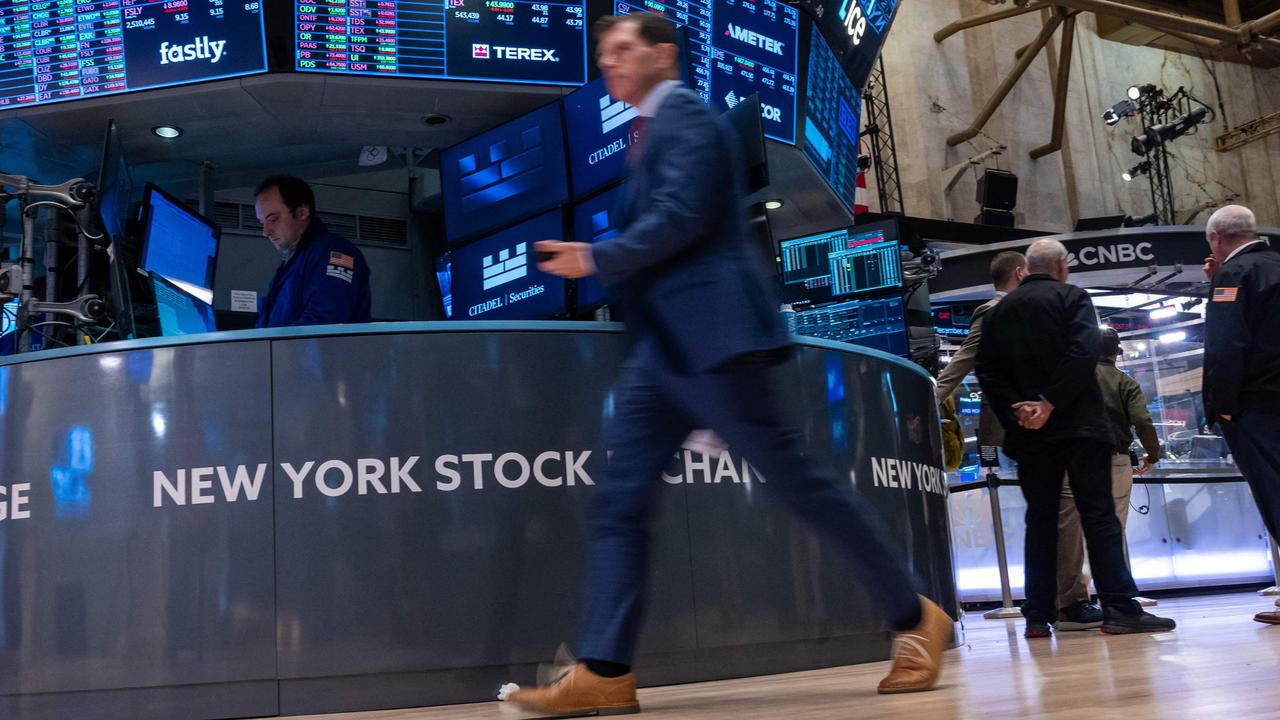Shopping mall trades making a comeback as investors swoop
Shoppers are heading back into retail centres in good numbers and investors are not far behind, with large deals getting done by major players.

Business
Don't miss out on the headlines from Business. Followed categories will be added to My News.
The shopping centre market has emerged as one of the most active areas for property trading as investors capitalise on the strong operational performance of shopping centres over the last half.
Listed landlords have reported strong leasing results and high occupancy in their centres, along with high sales productivity and sustainable occupancy costs.
But many large institutions are still selling down, opening the way for syndicators, private groups and well-positioned listed players to expand.
Retail transaction volumes for 2023 show the area was the busiest sub-sector last year – for the first time since 2004 – with $6.25bn of sales, amounting to about 36 per cent of deals struck in traditional property sectors. Over the year, office transactions decreased to a 30 per cent market share and industrial transactions came in at 34 per cent.
Sam Hatcher, head of JLL retail investments Australia and New Zealand, said he expected higher levels of buyer participation this year, partly as larger institutional investors return to the market.
Mr Hatcher said “buyers and capital will remain discerning but interested in deploying into the sector again”. “We expect to see an increased level of institutional activity returning to sector which is positive for transaction volumes,” he said.
Mr Hatcher said shopping centres were a vital piece of social infrastructure which continued to evolve but building new centres was “challenging.” He cited high construction costs which meant that existing assets would attract premiums as yields compress, and properties were also used in different ways.
“The investment thesis of last mile logistics remains strong and retail centres have higher barriers to entry than logistics located in the middle of trade areas. The outlook is very positive and capital is taking more notice of that,” he said.

JLL senior director Nick Wills said in a year of subdued transaction volumes in global capital markets, retail property in Australia had been the most liquid sector. “For the first time in 20 years it has been the most liquid sector with over $6bn transacted, demonstrating the returning capital demand,” Mr Wills said.
The momentum from the fourth quarter of 2023 retail sales – with $1.95bn of regional and subregional transactions dominating – has rolled over into this year.
Vicinity last week revealed it had sold several centres at a premium to their book values, with Melbourne’s Roxburgh Village, South Australia’s Kurralta Central and Dianella Plaza in Perth all sold.
The Melbourne centre was sold to JY Group for $123.6m and Coles picked up Kurralta Central, while Perth-based funds manager Greenpool Capital had earlier bought Dianella Plaza for $76.25m. JLL said the buyer profile in 2023 was dominated by local fund managers and syndicator capital in all retail sub-sectors, with more than 40 per cent of sales.
Listed groups are also buying, with The Charter Hall Retail REIT teaming with an unlisted fund to buy the Eastgate Bondi Junction shopping centre in Sydney for $127m.
The next market test will be boutique funds manager IP Generation’s offer of Richmond Mall, via James Wilson and Ben Wilkinson of Colliers and JLL’s Mr Hatcher, Mr Willis, David Mahood and Sebastian Fahey, with expectations of more than $30m.
More Coverage
Originally published as Shopping mall trades making a comeback as investors swoop




